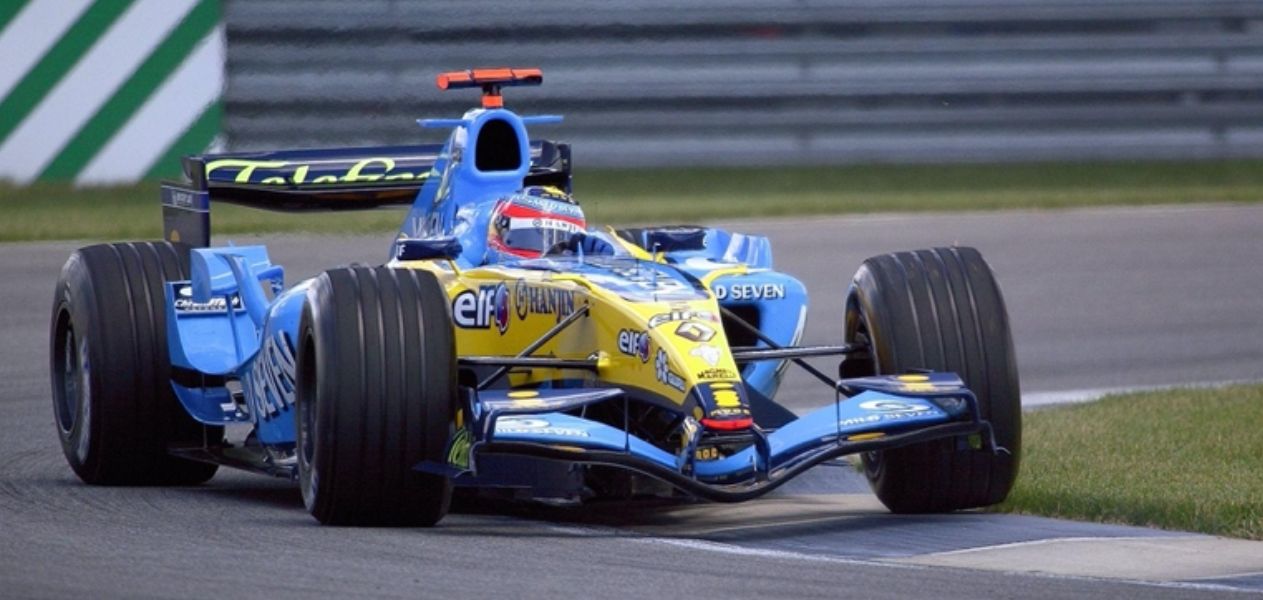Andretti rejected: What does the future look like for new F1 teams?
The Andretti Cadillac team’s effort to enter Formula 1 was declined by Formula One Management (FOM) after an extensive and rigorous application process.
This decision, coming despite the approval of the Fédération Internationale de l’Automobile (FIA), highlights the high barriers to entry for new teams and the critical considerations of FOM, emphasising competitive value and operational impact on the sport.
The rejection, and resistance from existing teams, highlights the challenges of expanding the Formula One grid and raises questions about the future opportunities for new entrants in the sport.
The rejection and its implications
Andretti Global’s ambitious bid to enter Formula 1, buoyed by the growing interest in the sport, faced a stark rejection from FOM. The decision has cast a shadow over the prospects of new teams seeking to join the grid, particularly against the backdrop of F1’s evolving economic landscape and stringent entry requirements.
The rejection centred on concerns regarding the team’s potential competitiveness and the perceived lack of additional value it would bring to the FIA Formula One World Championship. Despite having cleared the initial FIA assessment process, Andretti’s proposal stumbled at FOM’s commercial evaluation stage, which highlighted doubts about the team’s readiness to compete at the highest level and questioned the viability of their plan to use a customer engine before transitioning to a proprietary power unit developed in partnership with General Motors for a 2028 entry.
FOM’s feedback suggests a fundamental challenge for new entrants: the necessity of being able to demonstrate an ability to enhance the competitive landscape of F1 beyond merely expanding the number of teams. The sport’s management has also highlighted concerns about the operational and financial impact of introducing an eleventh team on the existing grid, including the potential burden on race promoters and the dilution of revenue shares among current teams.
While substantial, the proposed entry fee of US$200 million has been deemed insufficient by some, reflecting the skyrocketing valuations of F1 teams in a market buoyed by a global fanbase and stringent budget caps that have made the sport more financially attractive than ever.
Rumours of a significant hike in the entry fee to between US$500 million and US$600 million by 2028 underscore the changing financial dynamics within F1, demanding new entrants to be both financially robust and capable of contributing to the sport’s competitive and commercial success.
The refusal to admit Andretti Global, despite the potential to captivate the burgeoning American fan base, has repercussions beyond the racetrack. The presence of a new team, especially one backed by the historical Andretti name and General Motors’ Cadillac, would have diversified the options available to betting enthusiasts, potentially impacting the sport’s viewership significantly.
Fans interested in the betting aspect of F1 races can still engage with the sport through betting platforms, using promotional offers such as the BetMGM bonus code to enhance their viewing and betting experiences from home.
Andretti Cadillac’s response
In response to the rejection, Andretti Cadillac expressed their strong disagreement by underscoring their dedication to establishing a competitive American presence in Formula 1. The team highlighted their progress in developing a competitive car and power unit, emphasising the effort and resources already committed to the project, which included employing a dedicated team and ongoing wind tunnel testing of their prototype car.
Despite the setback, Andretti Cadillac remain committed to their Formula 1 ambitions, signalling an unwavering resolve to continue their efforts towards joining the grid. Their preparation, involving substantial investment in staff, technology, and strategic partnerships, illustrates the seriousness of their approach.
However, FOM’s concerns about the prospective team’s impact on the sport’s competitive balance and commercial interests have led to a cautious stance towards expansion.
The path forward for new F1 teams
The Andretti Cadillac rejection raises questions about the future for new teams aspiring to enter Formula 1. The sport’s governing bodies have made it clear that any new entrant must demonstrate a significant potential to add value to the Championship.
The prospect of a higher entry fee in the future underscores the evolving economic landscape of F1, posing additional challenges and opportunities for new entrants like Andretti Global.
Conclusion
The future for new F1 teams looks to be one of careful consideration, stringent evaluation, and significant challenges. Prospective entrants will need to navigate a complex landscape of sporting, technical, and commercial criteria, demonstrating clear benefits to the Championship and its stakeholders.
The Andretti Cadillac case has set a precedent, and it will be interesting to see how future applications are approached and what changes, if any, are made to the entry process to facilitate the inclusion of new teams that can enrich the Formula 1 experience for fans.


